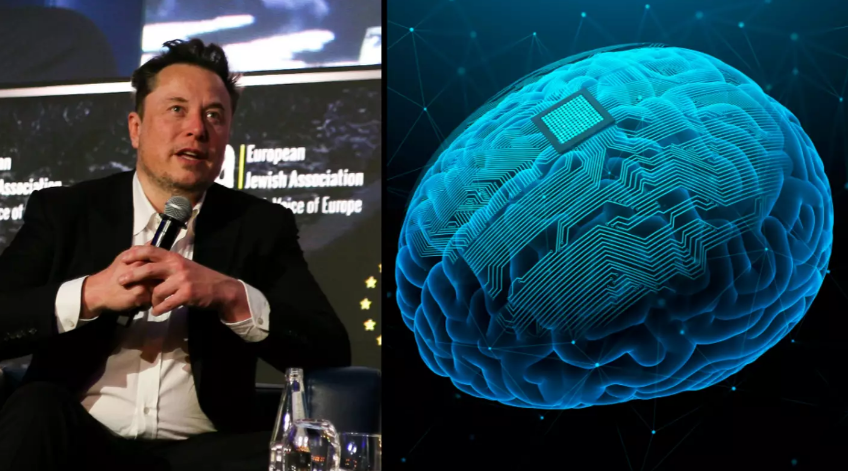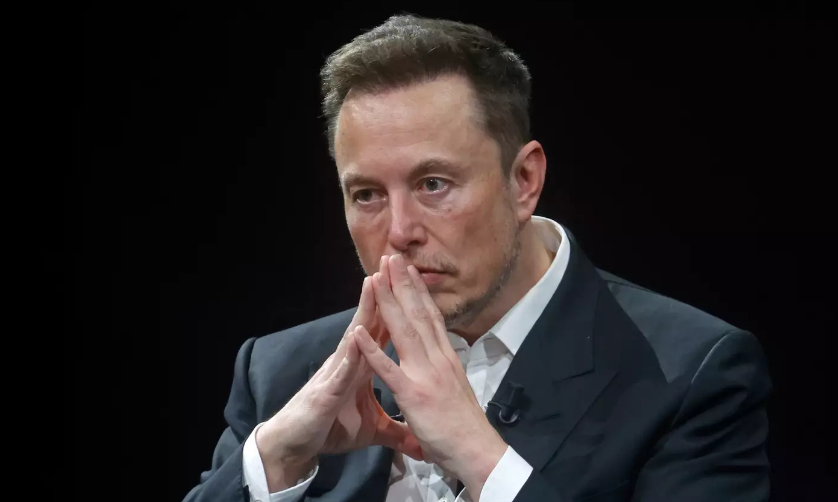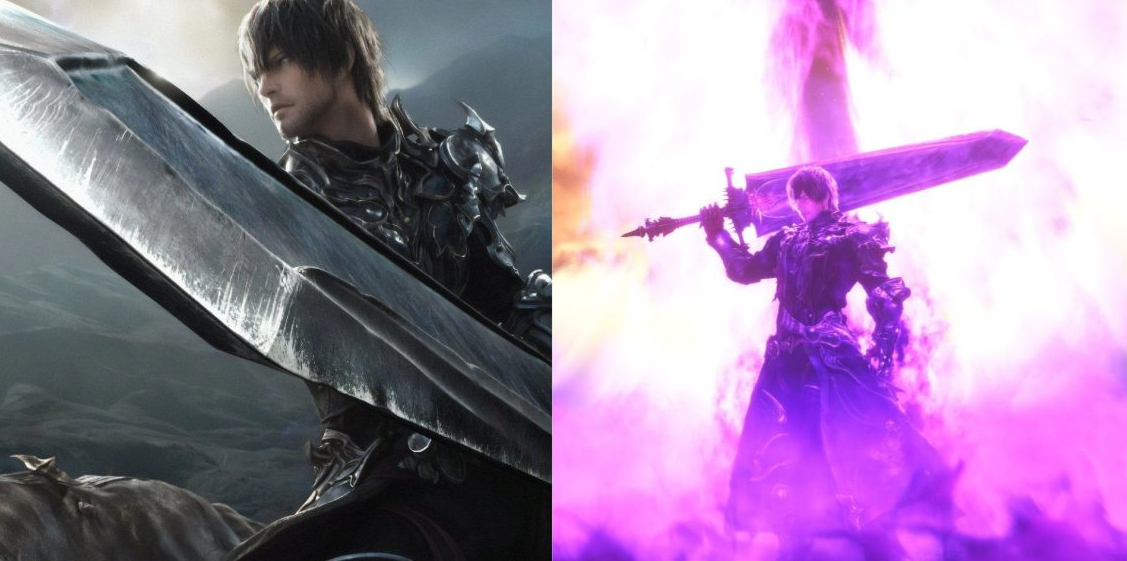The Race of Brain Implant Devices: Elon Musk's Neuralink vs. Jeff Bezos and Bill Gates' Synchron Inc
In the realm of groundbreaking technology, a new frontier is being explored: brain implant devices aimed at restoring mobility to paralyzed individuals. Spearheaded by tech visionaries like Elon Musk, Jeff Bezos, and Bill Gates, this innovation promises to redefine what's possible for those with mobility challenges.
Elon Musk, known for his ventures like Tesla and SpaceX, is making waves with Neuralink, a company focused on developing implantable brain chips. These chips have shown potential in allowing quadriplegic patients like Noland Arbaugh to engage in activities like playing video games, hinting at a future where paralysis may not be as limiting as it once was.
On the other side of the spectrum, Jeff Bezos and Bill Gates have thrown their weight behind Synchron Inc, a company that's also delving into the realm of brain-computer interfaces (BCI). With a substantial financial backing of $75 million, Synchron Inc is positioning itself as a formidable competitor to Neuralink.
What sets Synchron apart is its progress in the journey towards a market-ready product. Already, seven patients in the USA and Australia have undergone implant procedures, showcasing tangible steps towards bridging the gap between brain signals and physical mobility.
Thomas Oxley, CEO of Synchron Inc, emphasizes the profound impact these devices can have on patients' lives. He mentions moments of joy and empowerment as patients regain independence and engage in activities previously taken for granted.
While the race between Neuralink and Synchron Inc intensifies, the ultimate goal remains unchanged: to empower paralyzed individuals by interpreting brain signals and enabling them to use their limbs again. As these tech giants invest in this transformative technology, the future looks promising for those seeking to overcome physical limitations through the power of innovation.
%20(5).png)










